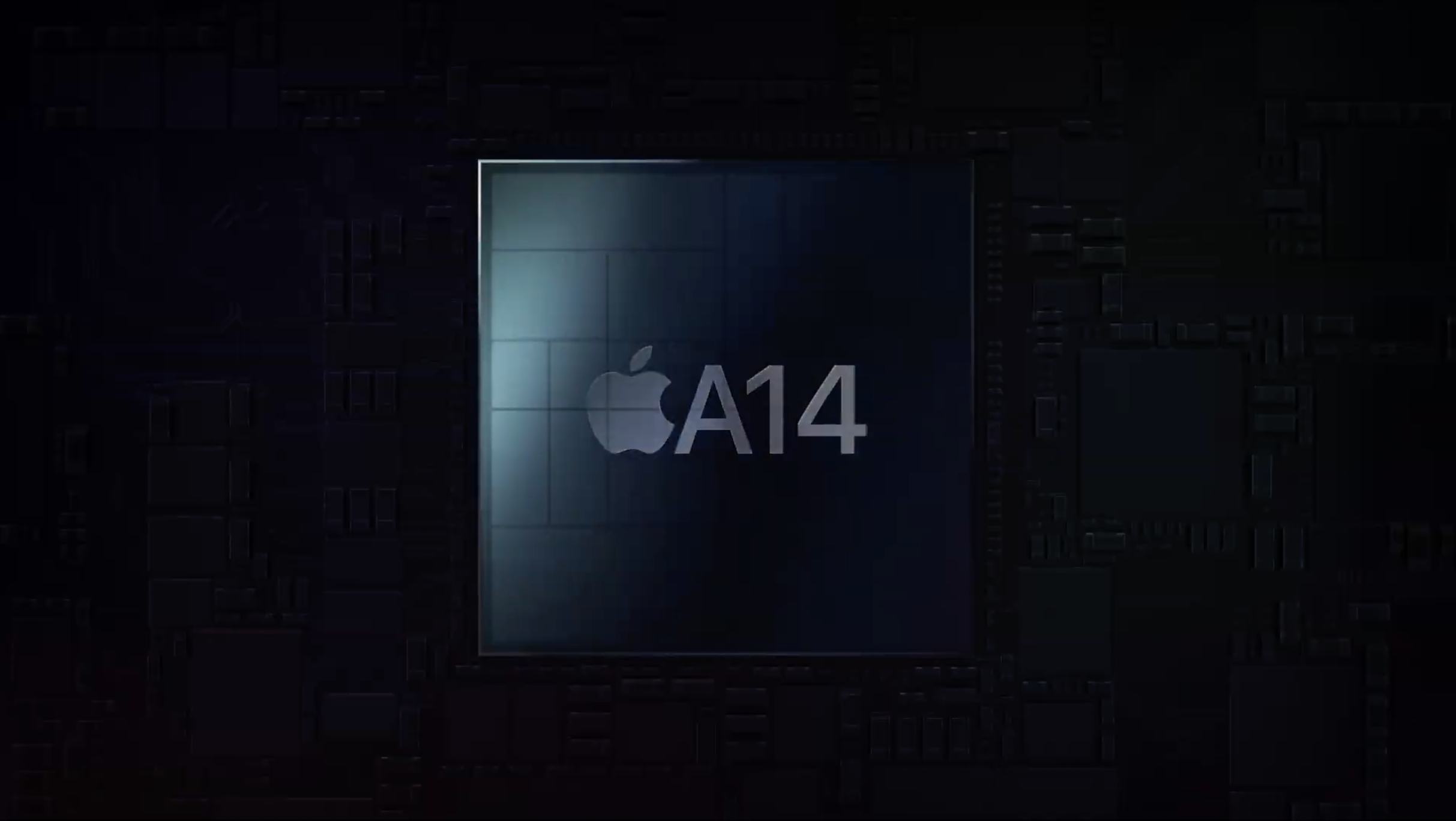Samsung Galaxy S21 benchmarks and battery just leaked — and they're disappointing
Samsung Galaxy S21 might lose out to the iPhone 12 and other upcoming phones when it comes to performance

Benchmarks for the Samsung Galaxy S21 have been discovered, and it's looking like bad news for Samsung's 2021 flagship.
The benchmarks, which use Samsung's upcoming Exynos 1000 chipset, reveal some pretty disappointing scores. While performance isn't every user's priority, it's a bad sign that Samsung's struggling to squeeze the power out of its new device.
- Stay up to date with the latest Samsung Galaxy S21 rumors
- Check out the Galaxy S20 FE, Samsung's impressive new phone
- Plus: Xbox Series X external SSD price leaked — and it’s bad news
Recorded in Geekbench 5, the same benchmarking app we use when reviewing phones, the scores belong to a Samsung device with the codename SM-G996B, using a chip named Exynos 2100 with 8GB RAM, and running on Android 11.
The results, shared by Twitter user Abhishek Yadav, 1,038 points on the single core test, and 3,060 on the multi-core test. That's better than this year's Exynos 990, found in Galaxy S20 and Galaxy Note 20 phones outside of the U.S.
This is a far different picture than the one painted by a leak back in May, which showed the Exynos 1000 was as much as three times more powerful than the Snapdragon 865 on graphics benchmark tests.
Compare this to the Snapdragon 875, next year's flagship chip from Qualcomm and the chipset you'll find in many top-tier Android phones, including the U.S. version of the Galaxy S21. In its own leaked Geekbench results, it manages results of 1,102 and 4,113 respectively. Each year's Snapdragon 8-series chips have tended to beat Samsung's silicon when it comes to benchmarks, but this gap is particularly large.
Exynos 1000 vs A14 Bionic
The top mobile chips of any generation are designed by Apple however, with the latest A14 Bionic having just appeared in the latest iPad Air. We won't be able to test the new Apple chipset in an iPhone 12 until October at the earliest. But it'll likely offer superior performance to both the Exynos and Snapdragon chips, particularly when it comes to single core performance.
Sign up to get the BEST of Tom's Guide direct to your inbox.
Get instant access to breaking news, the hottest reviews, great deals and helpful tips.
But putting that aside, the A13 Bionic in the iPhone 11 range, and the iPhone SE 2020, already delivers more performance than the Exynos 1000. In our testing of the iPhone 11 Pro, the A13 Bionic delivered a Greenback 5 score of 1,337 on the single-core portion of the test and 3,509 on the multicore test.

Given the A14 Bionic is some 40 percent faster than the A13 Bionic, we'd expect it to wipe the floor with the Exynos 1000.
However, there's a little nuance to be had here. First off, the leaked benchmark may not be that accurate and there's no way to tell what test conditions the chip was under. And Samsung has a good while to optimize more performance out of the system-on-a-chip.
Furthermore, AMD is meant to be working with Samsung to integrate its graphics tech with the Exynos chips. So while the Geekbench 5 score might not impress, there's scope for the Exynos 1000 to arrive with supercharged graphics.
Since Galaxy S-series phones launch around February every year, there's still five months to go before the S21 (or S30 depending on which name you believe Samsung will pick) launches. If these performance issues are just a software problem, then there's plenty of time for Samsung's engineers and programmers to make refinements and close the gap with competitors, if not surpass them.
Samsung S21+ Spotted On Geekbench With Exynos 2100 & Mali-G78.•Exynos 2100•Mali-G78•Android 11•6.77GB RamSamsung S21+ Battery is Also Certifiedhttps://t.co/zRDEgIQ35Phttps://t.co/ja1dIsXzQl pic.twitter.com/M68Xm2GD8JSeptember 23, 2020
Underwhelming battery boost
Another new leak has confirmed the battery capacity of the Galaxy S21 Plus. According to a low-res photo from South Korea's electronics regulator, the battery believed to be used in the S21 Plus has a 4,660 mAh rated capacity.
Rated capacities differ from typical capacities, which is the figure we normally use. Since batteries are all slightly different despite identical manufacturing, rated capacities demonstrate what the minimum size you'll get with a phone, even if the average handset has a bit more space.
So to compare these minimums, the Galaxy S20 Plus is rated for 4,370 mAh, which points to a small battery boost for the S21 Plus, perhaps up to a 4,700 or 4,800 mAh typical capacity.
The smaller Galaxy S21 will apparently get a rated battery capacity of 3,880 mAh according to earlier leaks, which is the same as the S20's rated capacity. So it looks like the smallest member of the S21 range won't see a battery boost at all.
As mentioned, we're expecting the Galaxy S21 to be revealed early next year, so we've got a bit of a wait before we see if these leaks and rumors are accurate. But if you're in the market for a Samsung flagship phone but don't have $1,000 to spare, the new Samsung Galaxy S20 FE might be work a look.

Richard is based in London, covering news, reviews and how-tos for phones, tablets, gaming, and whatever else people need advice on. Following on from his MA in Magazine Journalism at the University of Sheffield, he's also written for WIRED U.K., The Register and Creative Bloq. When not at work, he's likely thinking about how to brew the perfect cup of specialty coffee.
